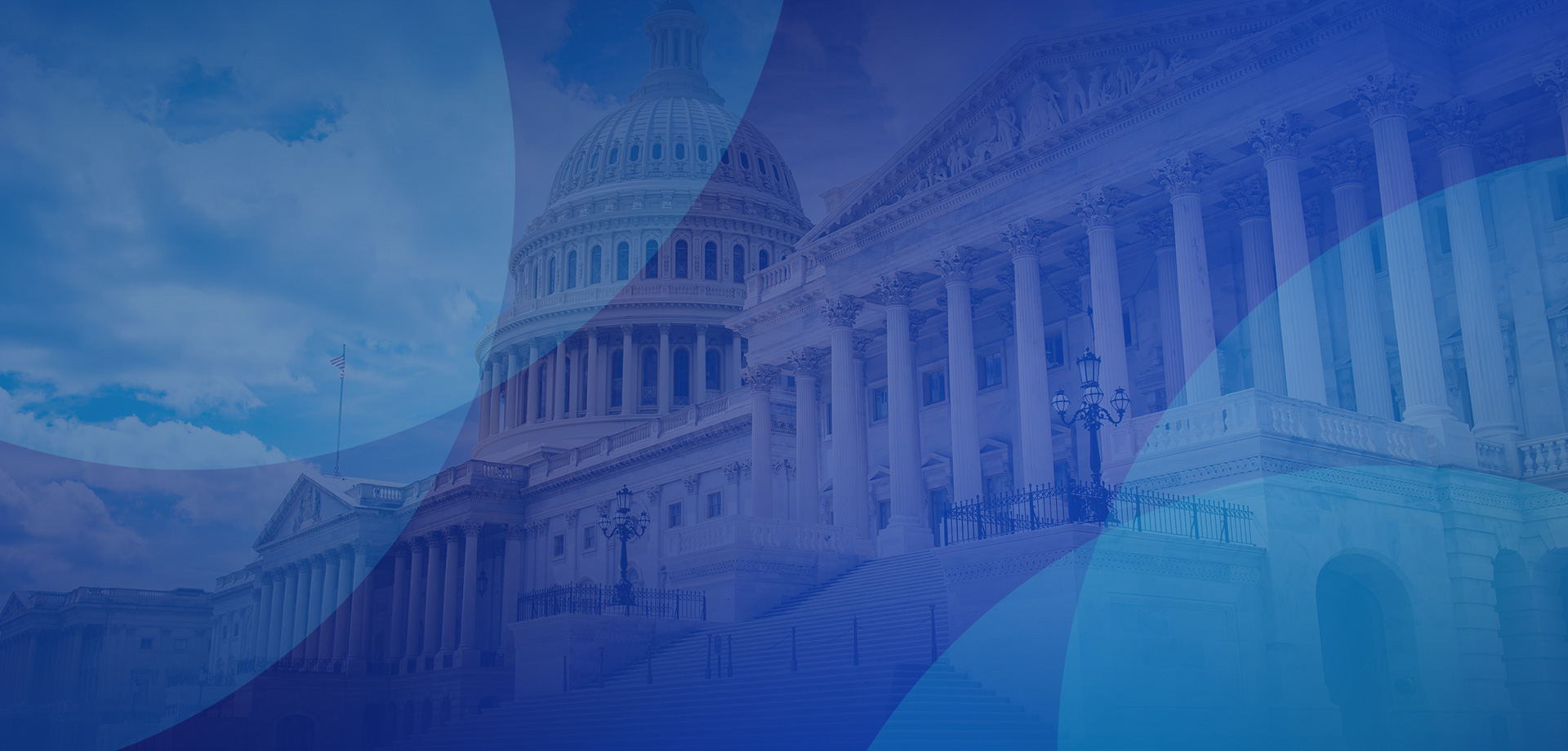Have you ever read the news, wondering how a bankruptcy can help a business continue to operate after a filing?
While our firm handles mostly Chapter 7 or Chapter 13 bankruptcy filings, many businesses choose to enter into Chapter 11 bankruptcy in an attempt to reorganize debts. Chapter 11 bankruptcy is an extremely complicated process, as it allows a debtor to enter into a repayment plan with creditors. Sometimes, creditors challenge these plans, so they can be extremely time-consuming to work out.
Typically, if successful, a Chapter 11 bankruptcy allows a business to operate, while attempting to pay down debts. The repayment plans involved in cases can last for several years and must be approved by a court.
Has RadioShack Filed for Bankruptcy?
Sadly, one of America’s most iconic electronics retailers is preparing for bankruptcy, according to the Wall Street Journal. The newspaper reported that RadioShack Corp. is preparing to file for bankruptcy protection, and a filing could occur as early as February. It is unclear if the filing will be of the Chapter 11 variety; however, most experts are speculating that it will be.
The company has reportedly reached out to lenders in an attempt to find funding, so that it can operate stores during the process. It is also reportedly speaking to an equity firm that could buy its assets out of a filing. RadioShack Corp. reportedly has 24,000 employees and recently warned investors that it could be forced into bankruptcy if it does not get relief from lenders. The company reportedly has about 4,300 company-operated stores in North America.
CNN reported that RadioShack Corp. had about $841 million in long-term debt as of its most recent financial statement.
Can a Chapter 11 Bankruptcy Help a Person?
While Chapter 11 bankruptcy filings are common among businesses, they can also help qualified individual debtors, who are usually high-income earners. To qualify for a Chapter 11 bankruptcy, an individual must have at least $336,900 in unsecured debt, like credit cards and medical bills, and at least $1,010,650 in secured debts, like home or motor vehicle loans.
Keep in mind, if you do not meet these qualifications and you are struggling financially, you can always seek a Chapter 7 or Chapter 13 bankruptcy. Chapter 13 bankruptcy, similar to Chapter 11, allows a person to enter into a repayment plan with creditors. This could help a person save valuable assets like a home or vehicle.
If you are struggling to pay your bills, contact our Washington DC and Maryland bankruptcy lawyer today for a free consultation. You can also visit our Facebook page, our LinkedIn page, our Google+ page or our Twitter page for more information.
Law Firm of Kevin D. Judd – Maryland and Washington DC bankruptcy attorney
Judd’s Judgment: NHL player Jack Johnson filed for Chapter 11 bankruptcy after making a series of bad investments allegedly brokered by his parents.
Source: http://www.wsj.com/articles/radioshack-prepares-bankruptcy-filing-1421279360
